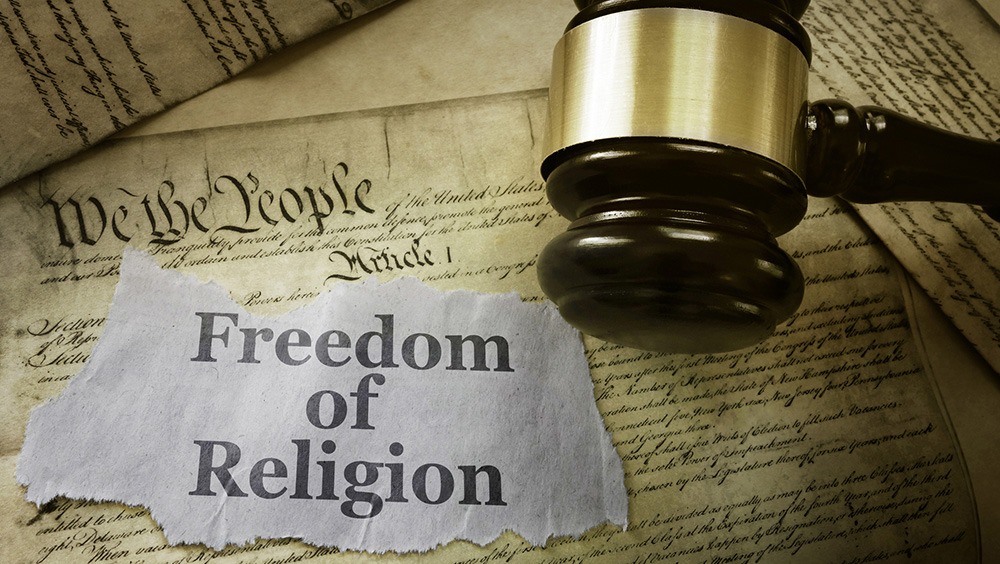Religious freedom in India deteriorating under Modi rule

Staff Reporter :
A US government advisory panel has raised concerns over the declining state of religious freedom in India, highlighting increased attacks and discrimination against religious minorities.
The United States Commission on International Religious Freedom (USCIRF) released its annual report on Tuesday, recommending that the Biden administration designate India as a “country of particular concern” and impose sanctions on the country’s external intelligence agency, the Research and Analysis Wing (RAW), for its alleged involvement in assassination plots targeting Sikh separatists abroad.
The report accused Prime Minister Narendra Modi and his ruling Bharatiya Janata Party (BJP) of promoting an environment of hate speech and disinformation, particularly against Muslims and other minority communities.
It pointed to divisive rhetoric during India’s last election campaign, including Modi’s remarks referring to Muslims as “infiltrators” with “more children.”
In response, India rejected the report on Wednesday, calling it “biased and politically motivated.” Foreign Ministry spokesperson Randhir Jaiswal stated that the USCIRF had a “deliberate agenda” to misrepresent isolated incidents and tarnish India’s “vibrant multicultural society.”
The commission’s call for sanctions on RAW follows allegations of Indian intelligence involvement in assassination attempts against Sikh separatists abroad.
In 2023, Washington charged former Indian intelligence officer Vikash Yadav in connection with a failed plot to assassinate a Sikh activist in the United States.
Canada has also accused India of orchestrating the killing of Sikh separatist leader Hardeep Singh Nijjar in British Columbia, which New Delhi has denied.
India views Sikh separatists as a national security threat and consistently denies allegations of targeting them internationally.
However, these claims have strained US-India relations, particularly at a time when Washington is working to strengthen ties with New Delhi to counter China’s growing influence in the region.
The USCIRF report also highlighted rising hate speech, anti-conversion laws, the revocation of Muslim-majority Kashmir’s special status, and India’s controversial citizenship law, which the UN has criticised as “fundamentally discriminatory.”
The law offers fast-tracked citizenship to non-Muslim refugees from neighbouring countries, but has been widely criticised for excluding Muslims.
While the US State Department has acknowledged reports of minority rights abuses in India, Washington has generally prioritised strategic interests over human rights concerns in its relationship with New Delhi.
Though the USCIRF, an independent bipartisan body, can make recommendations, these are non-binding.
As a result, analysts suggest that it is unlikely the US will impose sanctions on RAW or formally designate India as a “country of particular concern.”
Despite efforts by the Biden administration to deepen relations with India, the allegations surrounding RAW’s activities and the broader human rights situation remain contentious issues that could test the durability of the partnership.
